

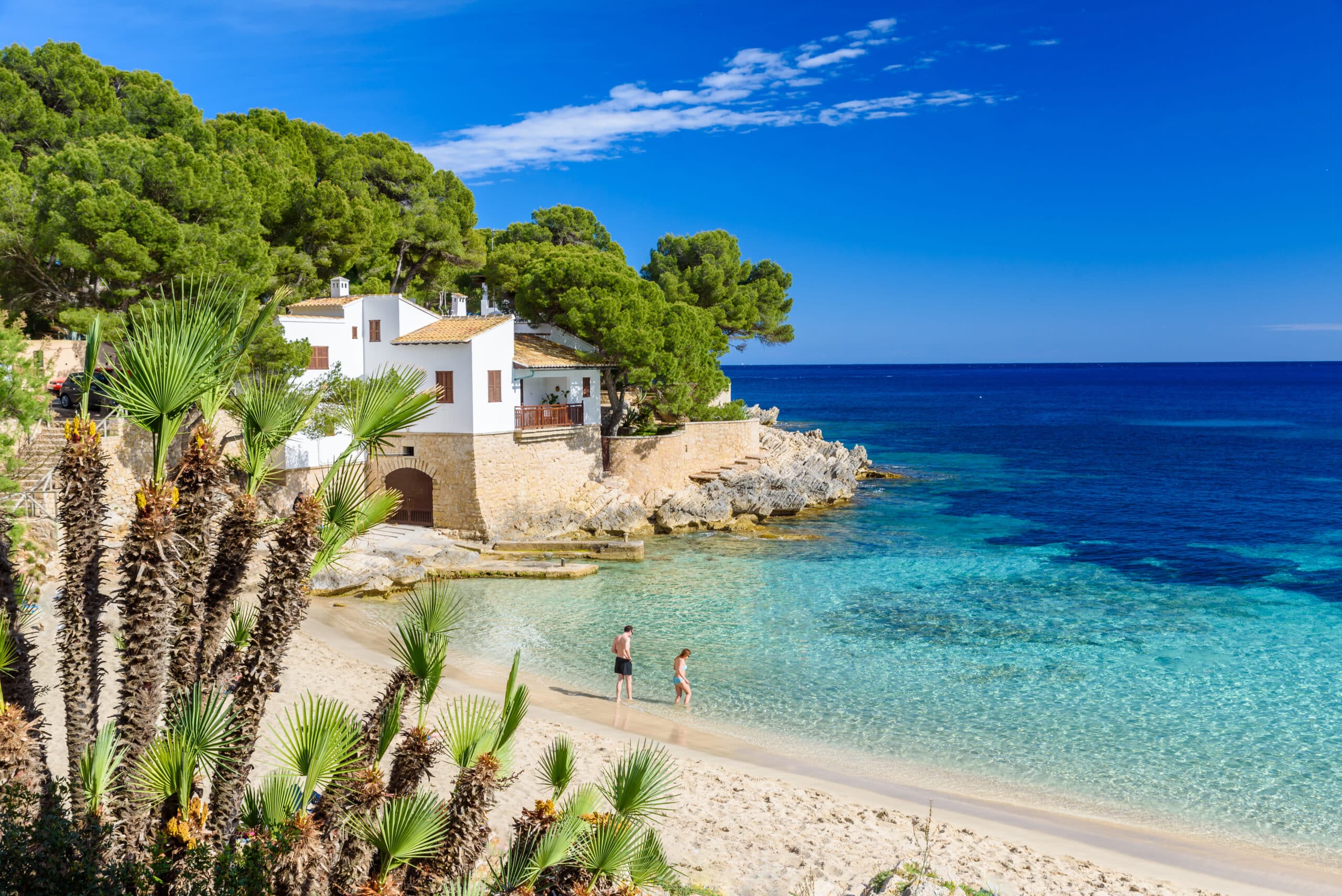
Located off the Spanish coast, the Balearic Islands captivate with their perfect blend of nature, culture, and easy living. Just two hours from Luxembourg by plane, they offer everything one expects from a sunny holiday : beaches with crystal-clear waters, authentic small villages, sunny gastronomy and a relaxed atmosphere.
From the landscapes of Mallorca to the nights of Ibiza, each island has its own character — it’s the entire Mediterranean in a nutshell.
A destination with timeless charm
The Balearics combine Spanish elegance and island lightness. Here, time is savoured, along with markets, sunsets, and tapas by the sea. Whether you’re looking for a romantic getaway, a wellness break, or a friends’ escape, the Balearics cater to all your desires.
Varied landscapes to explore
Each island is a universe:
Mallorca : mountains, beaches, and perched villages.
Menorca : secret coves and natural reserves.
Ibiza : trendy beaches, heritage, and bohemian vibe.
Easy flights from Luxembourg
With our direct flights to the Balearics from Luxembourg, head stress-free to Palma, Ibiza, or Mahón. We organize your custom stay, from flight to hotel, based on your desires: all-inclusive stay, island hopping, or a seaside relaxing break.
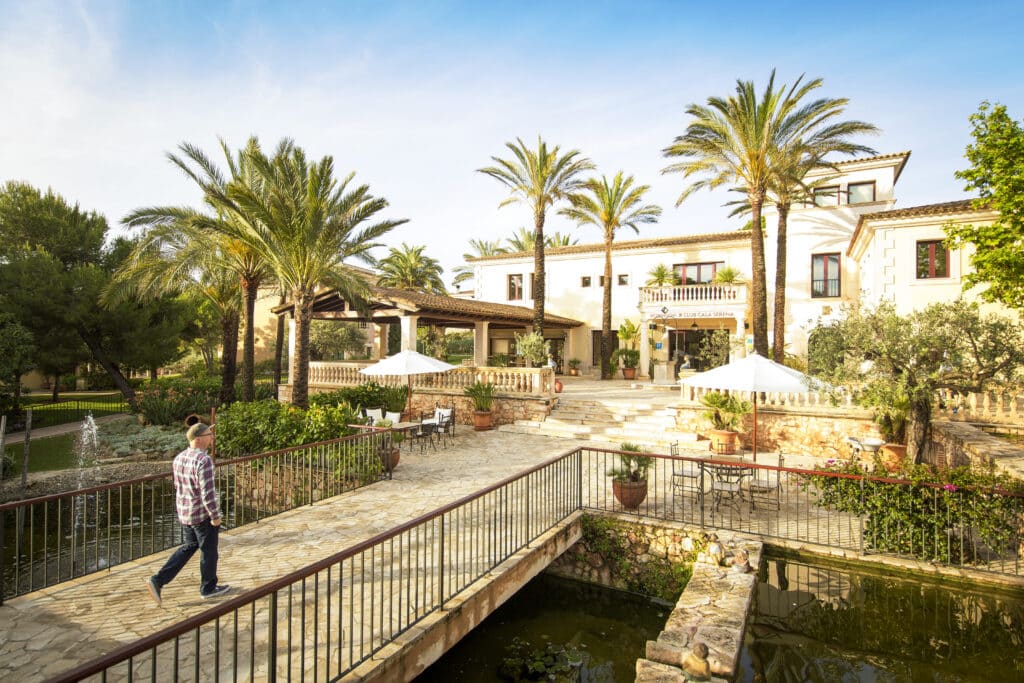
€999
price per person



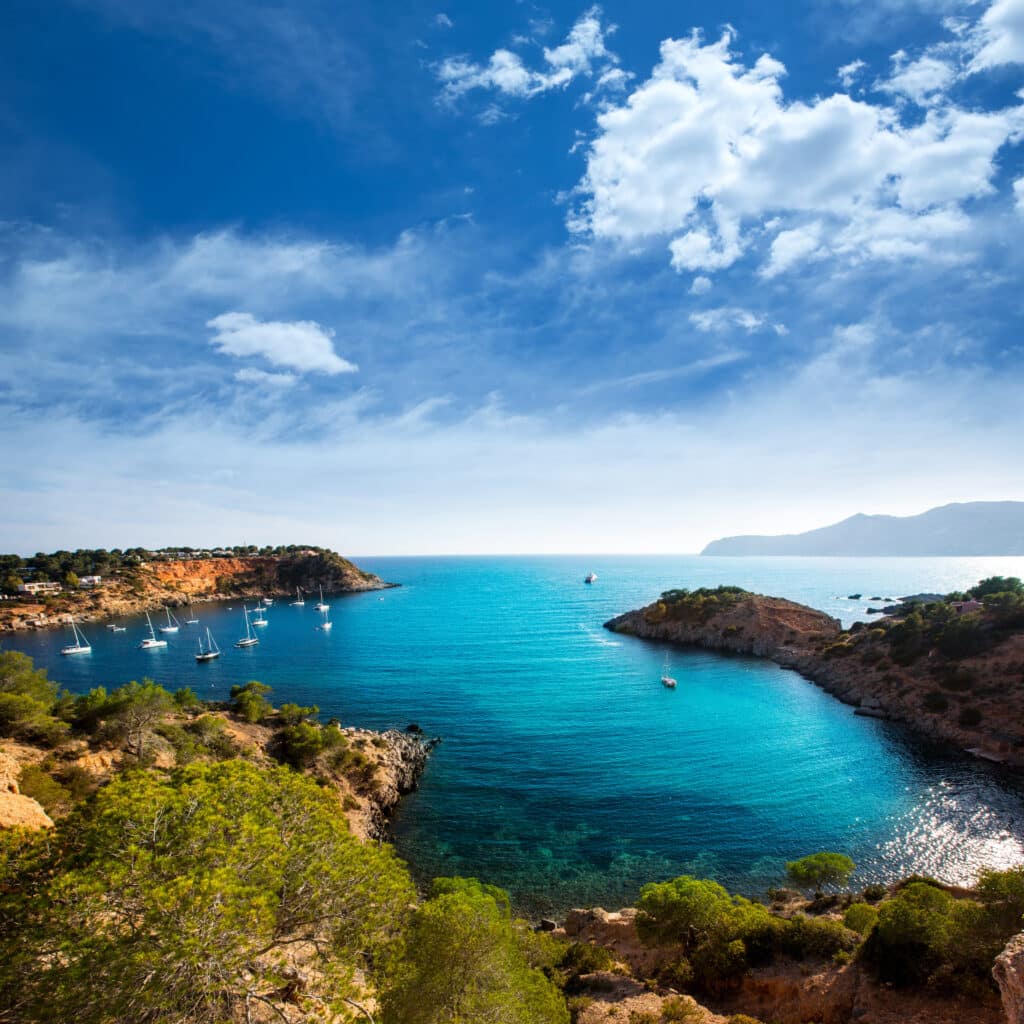
€1,320
price per person
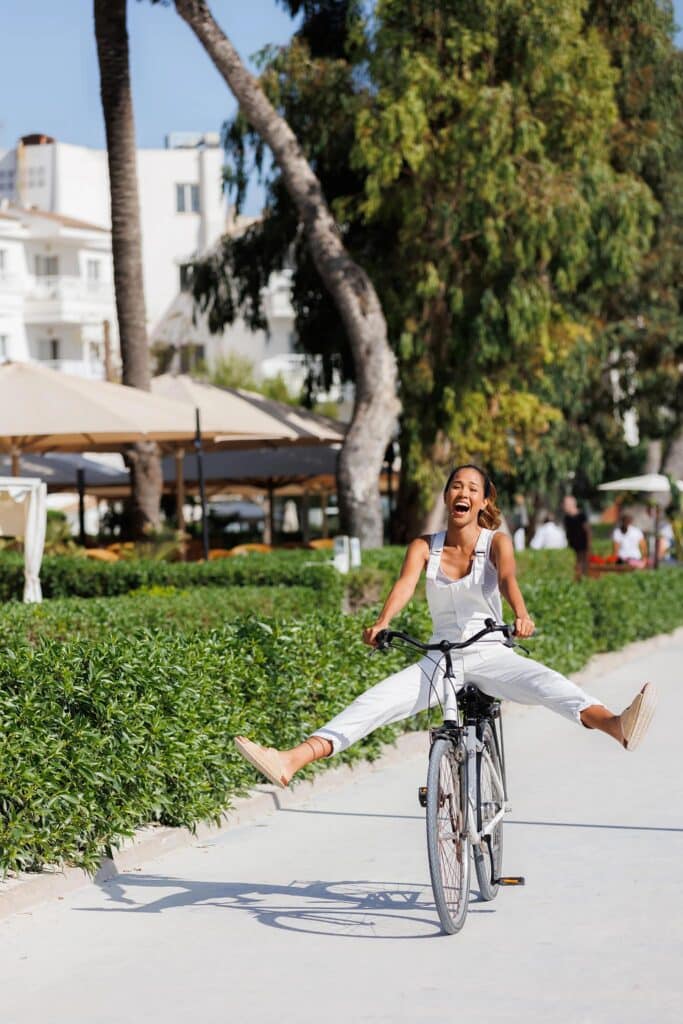
700€
price per person



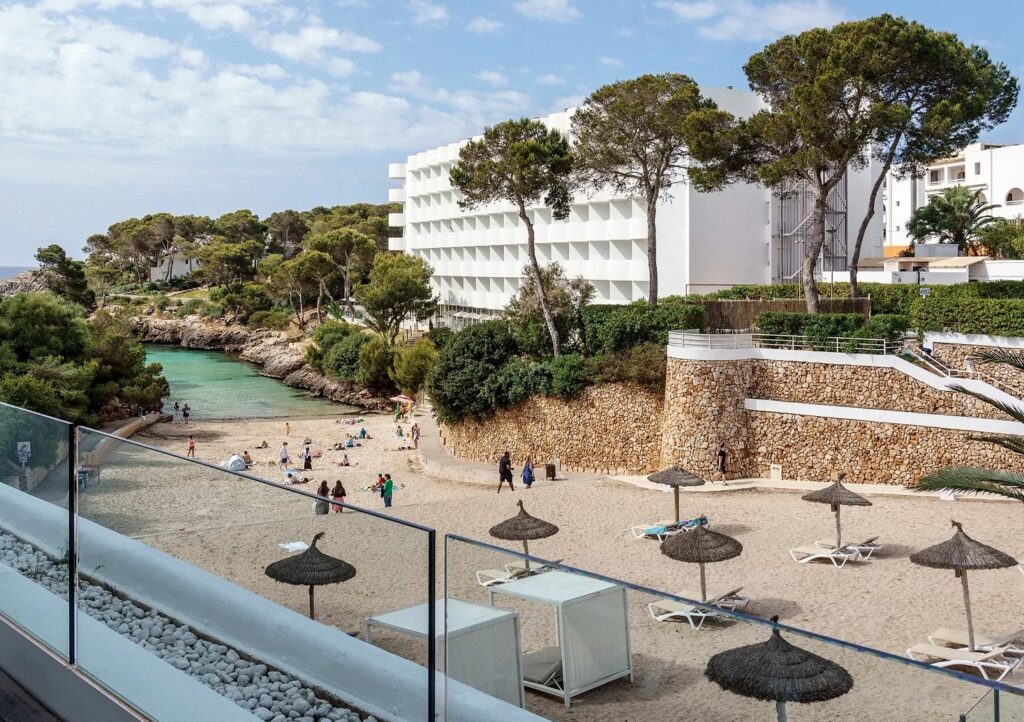
€731
price per person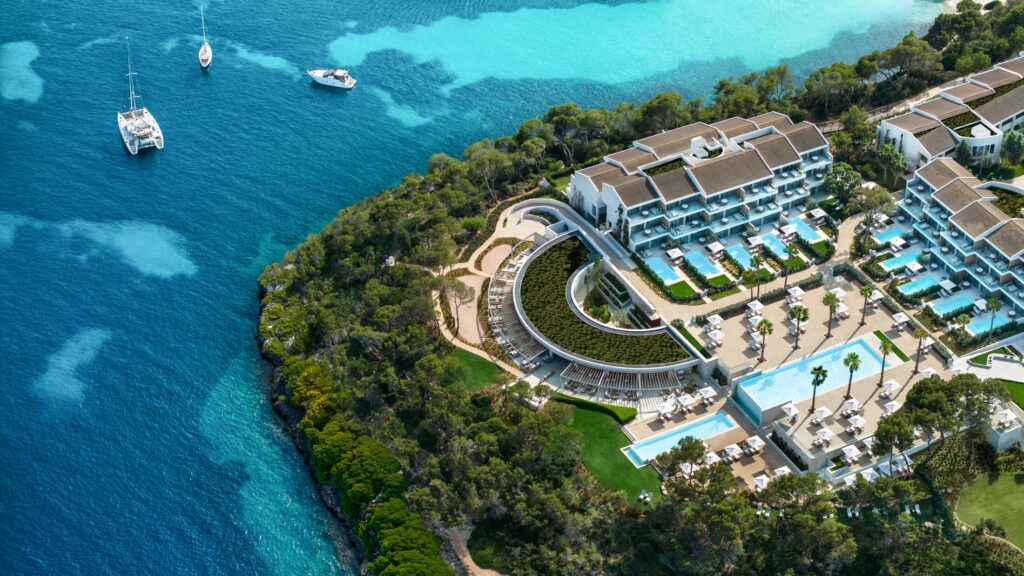
€2,822
price per person




Admire the Serra de Tramuntana in Mallorca, explore the Drach caves, or discover Cala Macarella et Cala Mitjana in Menorca. In Ibiza, the sunsets at Cala Comte or the cliffs of Es Vedrà are simply magical.
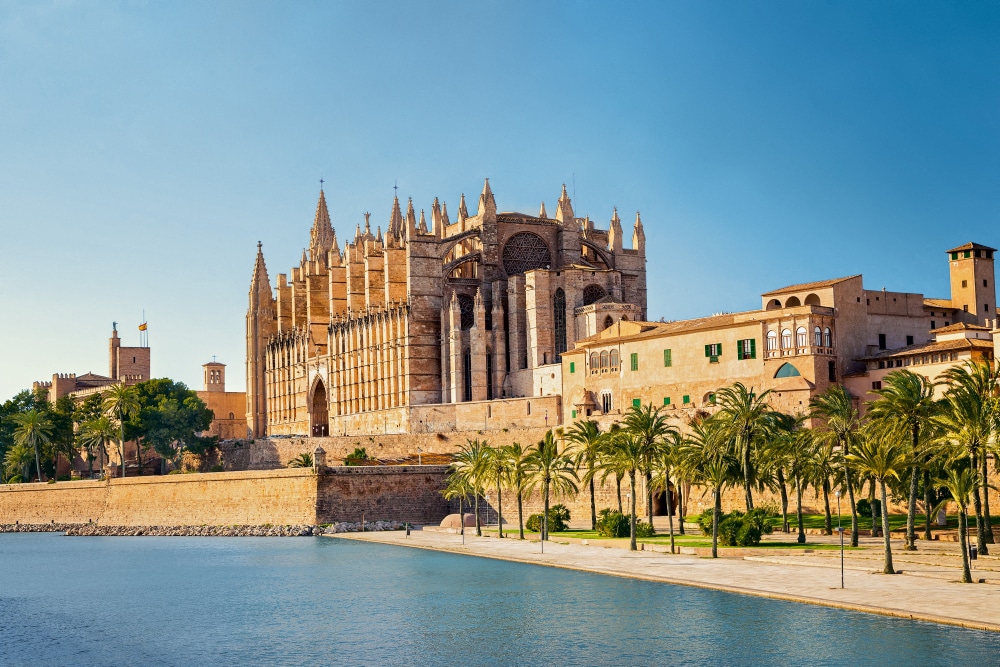
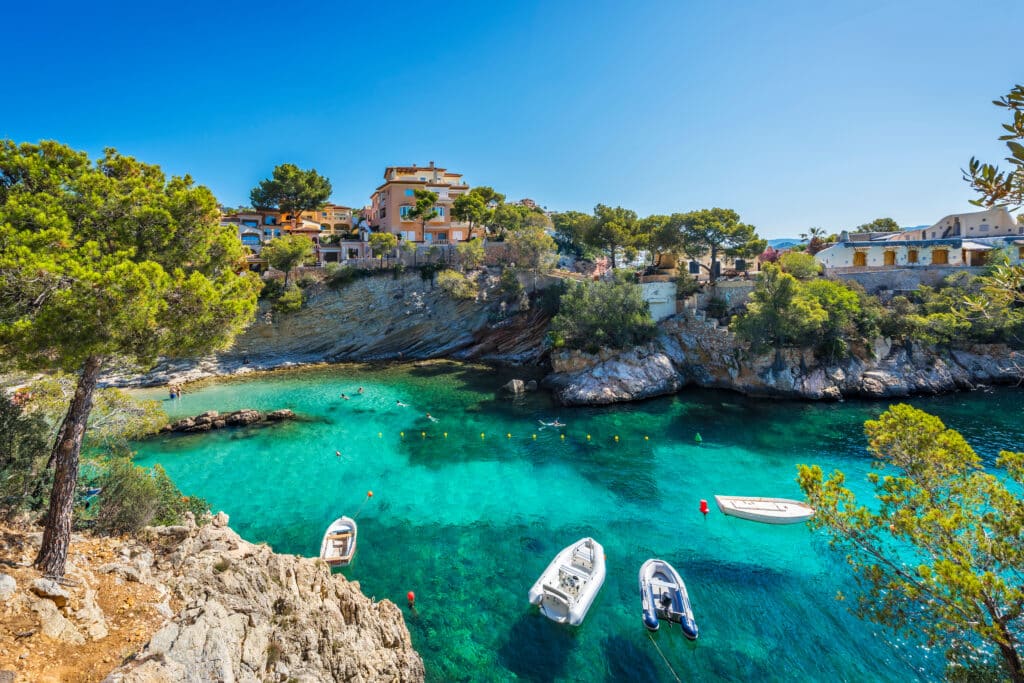
Les Balearics enjoy a mild Mediterranean climate all year round.
From October to November : quieter period, perfect for enjoying nature.
Even in winter, Mallorca and Ibiza offer pleasant sunshine and a peaceful atmosphere.
From March to June : ideal temperatures for exploring and hiking.
From July to September : the beach season, with warm sea and summer vibes.
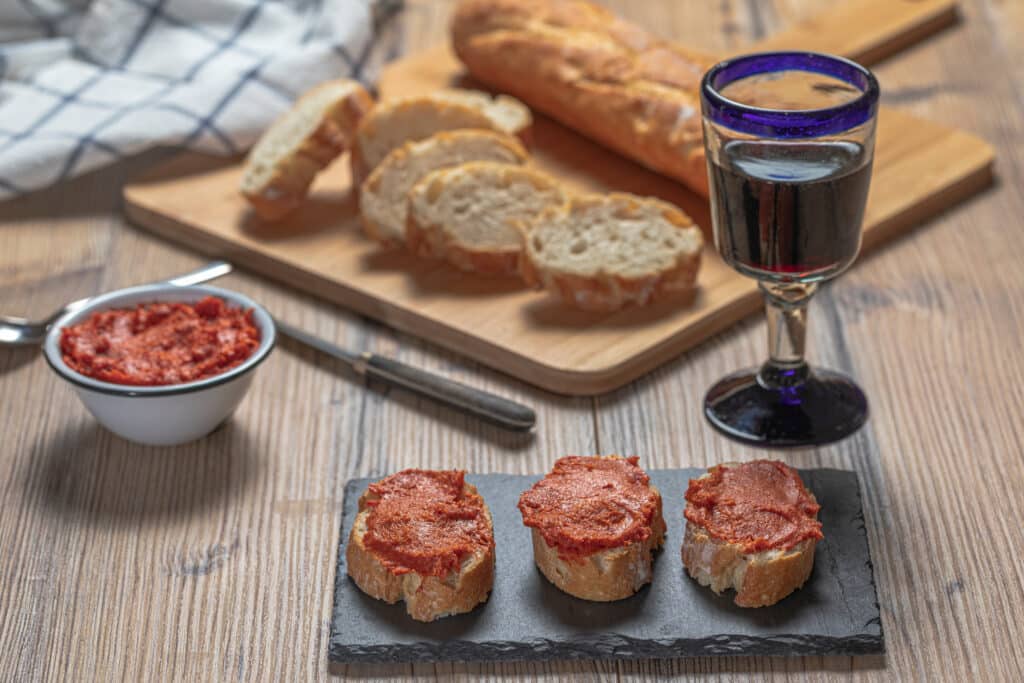
Balearic cuisine reflects the Mediterranean soul: simple, generous, and colourful.
Savour the sobrasada, a specialty from Mallorca, taste the sweet ensaimada , discover the coca de trampó (vegetable tart) or a tumbet stewed in olive oil. Pair your meals with a local wine or a glass of Hierbas Ibicencas, the typical liquor made from aromatic herbs.
Markets, terraces, and evening seaside gatherings are an integral part of Balearic culture.
Les Balearic Islands enjoy a mild and sunny Mediterranean climate throughout the year. Thanks to their privileged location in the Mediterranean Sea, they enjoy more than 300 days of sunshine a year, making them an ideal destination in any season.
Spring is a pleasant time to explore the islands without the summer crowds. Temperatures range from 18°C to 24°C, with the sea around 17°C. It’s the perfect season for hiking in the Serra de Tramuntana or discovering typical villages.
Summer is hot and dry, ideal for seaside holidays. Days reach 28°C to 32°C, and the sea hovers around 25°C. Evenings are mild, perfect for terrace dinners or beach parties in Ibiza.
The season remains mild and bright, with temperatures of 22°C to 26°C and a still warm sea (around 23°C). It’s a great time for a more peaceful stay in the Balearics , where beaches empty out but the sun still shines.
Winter is calm, with a mild and pleasant climate. Average temperatures range from 14°C to 18°C, and sunny days allow enjoying terraces or cultural visits in Palma or Ciutadella. The Balearics are thus a perfect getaway from winter .
Looking for inspiration and firsthand stories? Let yourself be guided by the experiences of those who have already explored this fascinating country. You’ll find a wealth of information to plan your own adventure.
The name Balearics comes from the ancient Greek baleárides, meaning “those who throw stones”, referring to the formidable slingers of antiquity who defended the archipelago.
Today, it’s their sunsets we aim for… to never miss!
The official currency in the Balearics is the Euro (€). Credit cards are widely accepted. It’s handy to have some cash for small shops or markets. ATMs (cajeros automáticos) are plentiful.
The inhabitants of the Balearic Islands are called Baléariens and Baléariennes. They share a warm culture, a keen sense of hospitality, and a deep attachment to their island traditions. However, each island has its own identity and even its own name for its inhabitants.
In Majorca, the inhabitants are called Majorquins and Majorquines (Mallorquines in Spanish). In Minorca, they are called Minorquins and Minorquines, while in Ibiza, the locals are known as Ibicencs or Ibicencas. Finally, in Formentera, the people are referred to as Formenterains and Formenteraines, often considered the most peaceful of the archipelago.
They all share a Mediterranean lifestyle characterized by conviviality, a relaxed pace, and respect for the surrounding environment. Their customs and dialect — a form of Catalan called Balearic — vary slightly from one island to another, which contributes to the charm and cultural richness of the archipelago.
In the Balearic Islands, two official languages are primarily spoken: Spanish (Castilian) and Catalan 🇪🇸.
Catalan is very present in daily life, but there are different local variants depending on the islands:
in Majorca, they speak Majorcan,
in Minorca, Minorcan,
in Ibiza and Formentera, Ibicenco.
These dialects are part of the Balearic cultural heritage and are used in toponymy (names of cities, signs, etc.) as well as in local conversations.
However, Spanish remains the common language throughout the archipelago, used in administration, commerce, and tourism. In heavily visited areas, the inhabitants often also speak English, German, and sometimes French, especially in hotels, restaurants, and travel agencies.
In the Balearics, the electrical plugs are of type C and F. The standard voltage is 230V and the frequency is 50Hz. French appliances work without an adapter.